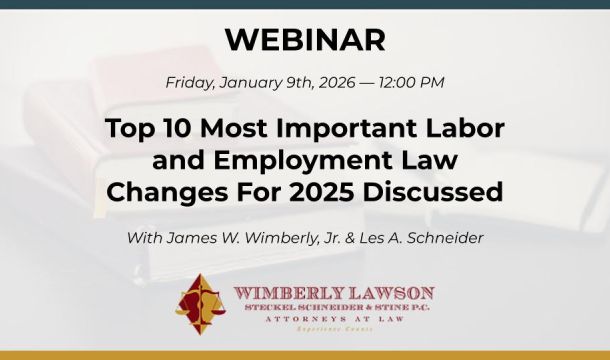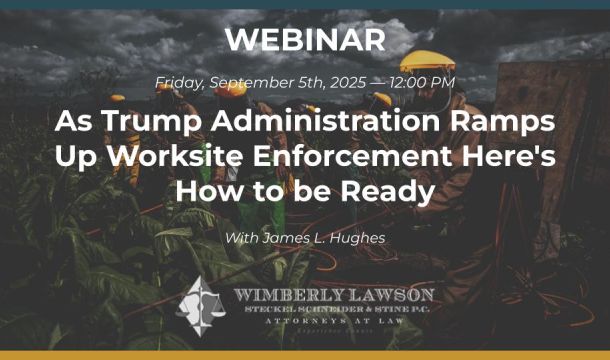Obama Administration Postpones Employer Penalties and Certain Other Requirements Until After 2014 Elections
On July 2, 2013, in a Treasury Department blog post, the Obama administration announced that it will postpone the effective date of several requirements imposed on employers. The administration will publish details of the relief being granted in the near future.
The blog post indicates that large employers (those with 50 or more employees) will not be subject to the employer shared responsibility payments until 2015. In other words, for 2014 only, large employers who do not offer health coverage to at least 95% of their employees will not have to pay a penalty of as much as $2,000 per employee per year for all employees (less 30) if just one employee obtains tax subsidized coverage in a State Exchange. Also, for 2014 only, employers, who offer health coverage that is not affordable or that does not provides minimum value, will not have to pay a penalty of as much as $3,000 per year for each employee that obtains tax subsidized coverage in a State Exchange.
The blog post also mentions that, for 2014 only, employers will not have to comply with certain information reporting requirements. All employers will not be required to file information returns that include details about the employees who have employer-provided health coverage, the type of coverage, and the premiums paid. Large employers will not have to submit information returns that disclose information about their health coverage and their full-time employees and that are necessary for determining the employer and individual penalties.
This transitional relief does not yet extend to employees. Employees may have access to tax subsidized coverage in the State Exchanges and may be subject to the individual penalties if they do not have minimum essential coverage. On July 9, White House Press Secretary Jay Carney said that the individual mandate would take effect as planned, although Republican leaders are calling for the same one-year delay for individuals as has been granted for employers.
What does this transitional relief mean for large employers? Large employers who offer health care coverage to their employees still must prepare for implementation of all other Obamacare requirements that become effective in 2014, such as reducing the waiting period for coverage to no more than 90 days. Otherwise, such employers will be subject to other penalties imposed by federal law and to lawsuits by employees based on violations of their rights under Obamacare and other federal laws. Large employers who do not offer health care coverage to their employees may have another year to decide whether to offer coverage.
There have been many comments as to the reasons for the delay. The Administration stated that the decision is one of accommodating business, but many questions remain as to whether the government is ready to implement the new law. Regulations have not been issued in many areas, including regulations covering information that was to be provided to each employee starting October 1, 2013, as to options of participating in the state exchanges, and regulations necessary for reporting data to the government. Further, reports indicate that the new computer systems necessary to implement the law have not yet been installed. Indeed, the Government Accountability Office has reported that various steps are still necessary for building the state exchanges.
Employers need to follow carefully subsequent developments and hopefully guidance that will come out concerning notices that were to be issued to employees beginning October 1.
Questions? Need more information? Contact Jim Hughes at (404)365-0900 or jlh@wimlaw.com or James W. Wimberly, Jr. at (404)365-5609 or jww@wimlaw.com.
Related Content
Get Email Updates
Recent Content

TPS Update (as of 2/6/2026)

Job Interviews Can Be a Good Selection Device

Suggestions on How to Diffuse a Tense Situation

Employers Blame Unions for Recent Shutdowns

$27 Million Verdict against Employer on Disability Discrimination over Refusal to Return Employee to Work



